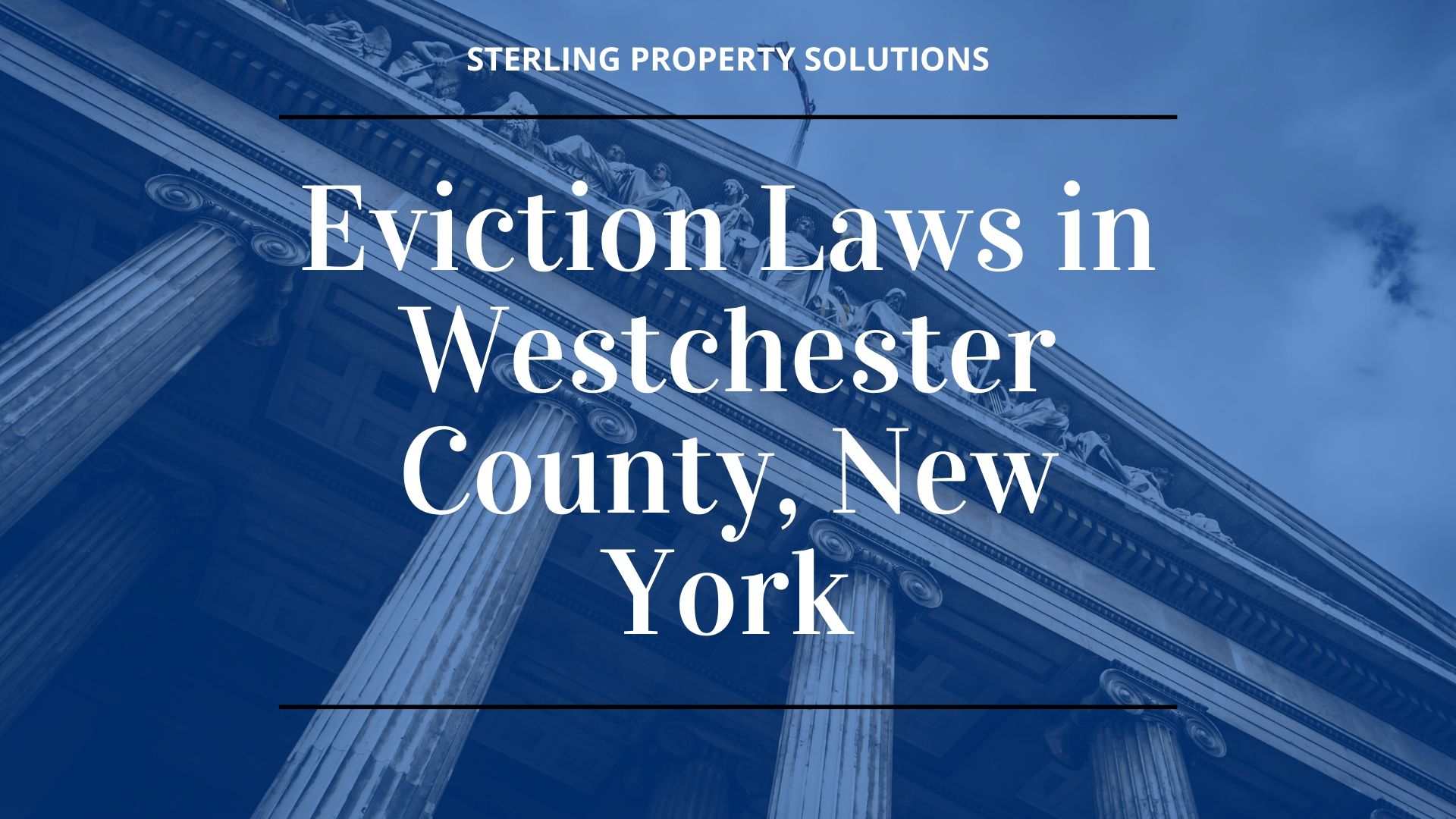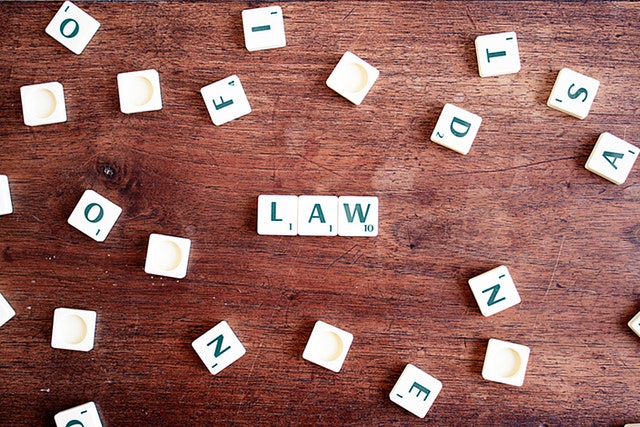Eviction Laws in Westchester County, New York
In Westchester County, New York, eviction can only be done after landlords have terminated the rental agreement with a tenant. As a landlord, you must first send a written notice, and can only evict a tenant when the tenant fails to comply with the conditions.
It’s hard to estimate the length of the period for an eviction process in Westchester County, NY. The amount of time is dependent upon the tenant’s persistence to fight his eviction case. It’s also dependent on delays that may occur in the legal system.
The New York State Eviction Process: Landlord’s Guide to Evict a Tenant
Notice for Lease Termination with Legal Cause
Under New York law, landlords may have many reasons for evicting tenants. Some of the reasons that warrant an eviction may include:
- A tenant’s display of unsafe and unhealthy behavior, posing a threat to other tenants and/or landlord
- Non payment of rent to the landlord on time
- Damages to the landlord’s rental property by tenants (in which case, their security deposit won’t be refunded)
- Illegal use of the landlord’s rental unit
- Violation the ‘no-pets allowed’ policy of the landlord
- Tenants refuse to allow legitimate unit access to the landlord
Under New York Eviction Laws, there are different kinds of notices a landlord can give the tenant and a different notice period for each reason for eviction. You must serve the proper notice.
If a tenant violates the lease by not paying rent on time, you can give the tenant a 14-day Notice to Pay Rent or Quit.
For violation of the rental agreement, a New York landlord must give the tenant a 10-day Notice to Cure. This notice will contain the explanation and how the tenant can remedy the rental or lease violation.
However, if the tenant does not heed the notice to cure, as the landlord, you have the right to serve them another notice. The tenant must then obey a 30-day Notice to Quit. Otherwise, eviction is the next step. You can then file a Petition to Recover Possession.
In cases where there is no written lease, a tenant is an “at-will” tenant. This means a landlord can evict the tenant without cause. As a landlord, there are different ways to evict an “at-will” tenant depending on the rental period:
- A 30-Day Notice to Quit must be provided to the “at-will” tenant who’s been renting for 1 year when it’s a month to month lease.
- A 60-Day Notice to Quit must be provided to the “at-will” tenant who’s been renting for 1 to 2 years.
- A 60-Day Notice to Quit must be provided to the “at-will” tenant who’s been renting for more than 2 years.
- If the tenant has a fixed-term lease, then the landlord must wait until the term ends. There’s no obligation for a landlord to present a notice before the tenant’s lease ends. This is because the tenant is already supposed to vacate the rental unit on the date stated in the lease or rental agreement.
Serving Tenants an Eviction Notice in the State of New York
The New York State eviction law requires that a Written Notice must be given to the tenant before they can file for an eviction lawsuit.
The landlord may serve these notices by:
- Personal delivery
- Handing the notice to a responsible person aside from the tenant who resides or works at the rental unit.
- Posting a notice in a visible area at the rental.
Note that the landlord must send the second copy of the termination notice via registered mail if the notice has been provided in a way other than personal service.
Tenant Defenses in New York
The defense argument is any reason why you, the petitioner, shouldn’t win the eviction lawsuit. Your tenant might claim:
- They have already paid rent in full.
- They’ve cured their lease violations within the prescribed 10-day period.
- They were legally breaking the lease.
- You are guilty of discriminating against them according to their religion, gender, race, national origin, familial status, disability status, age, sexual orientation, marital status or military status.
- The landlord fails to adhere to the proper eviction law. This means you evicted the tenant without handing any written notices.
Attending Court Hearing
Typically, during New York State eviction proceedings, the landlord files for a Summary Proceeding or Dispossess case at the Housing Court. After choosing a court date, the landlord must give the tenant a complaint copy. The tenant may appear at the eviction hearing to fight the case.
Both the landlord and the tenant will have appropriate time to speak and to present proof. However, should a tenant fail to appear at the hearing, the housing court awards a default judgment to the landlord.
Writ of Possession
When landlords win the case, the tenant will be given a 72-hour Notice of Eviction by the City Marshal. The tenant will then be provided with information on the scheduled date of the eviction.
However, a tenant can file an affidavit with the Clerk of Court to counter the eviction. This is known as an Order to Show Cause.
The tenant may wish to provide an explanation as to why they failed to show up to the hearing. They may also wish to defend themselves against the eviction case.
It’s up to the Judge to grant the Order to Show Cause, and if he does, the tenant can forward a copy of the documents to the Marshal’s Office and to their landlord/an attorney.
The Eviction
The Marshal performs evictions between 8:00 a.m. and 5:00 p.m. on weekdays, except on legal holidays. It may happen on or after the 15th day the notice has been served to the tenant.
Bottom Line: How Does a Landlord Evict a Tenant in NY
Understanding the eviction process in New York are important for both the tenant and the landlord.
You can evict a tenant if they:
- are a risk to others
- do not pay rent on time
- damage the rental unit
- do illegal things
- violate policies in the lease agreement
If you have specific questions about the actual eviction procedure, evictions in general, or how to evict the tenant, hire the legal services of a qualified attorney. Alternatively, you can seek help from property managers at a knowledgeable management company. Contact us today for more information about our quality services!
Note that this blog about how to evict a tenant should not be used as a substitute for legal advice or legal assistance. The law frequently changes, and this post might not be updated at the time of your reading. Please contact an attorney for legal services and legal assistance.
For any questions you have in regards to this content or any other aspect of your management needs, contact us today.




